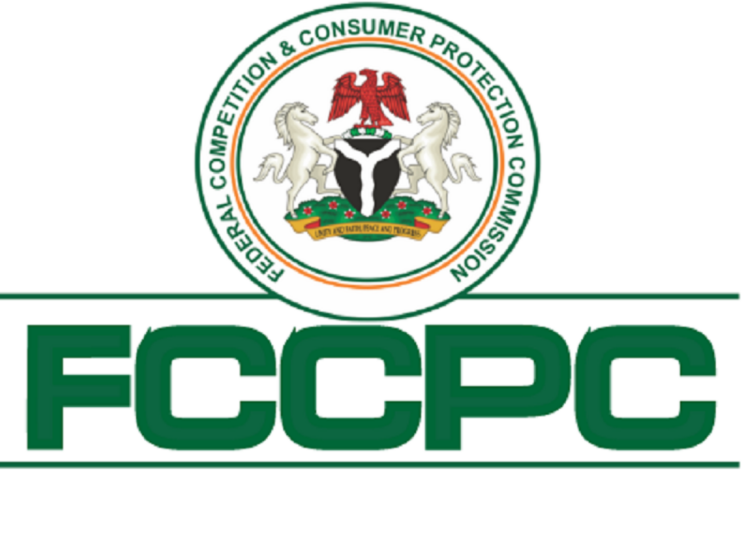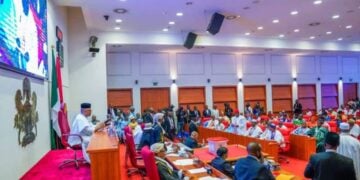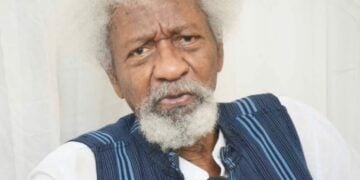The Federal Competition and Consumer Protection Commission (FCCPC) has hailed recent court rulings in Lagos and Enugu States as landmark victories for consumer rights in Nigeria, describing them as clear reinforcements of the Federal Competition and Consumer Protection Act (FCCPA), 2018.
FCCPC Executive Vice Chairman and Chief Executive Officer, Mr. Tunji Bello, in a press release signed by the Commission’s director of Corporate Affairs, Ondaje Ijagwu, on Monday, commended the judiciary for upholding fairness and accountability in the marketplace.
According to Bello, the decisions, one against Multichoice Nigeria Limited and the other against Peace Mass Transit, demonstrated the strength of the FCCPA and affirmed that consumers in Nigeria can seek and obtain justice through lawful means.
“The judgements show the strength of the Federal Competition and Consumer Protection Act (FCCPA), 2018, which empowers consumers to seek redress and requires service providers to meet lawful standards of fair service delivery,” Bello was quoted as saying.
He praised the consumers involved in the cases for pursuing justice through legal channels rather than resorting to self-help, noting that their actions underscored growing public confidence in the country’s consumer protection framework.
“The law provides several ways for consumers to express their grievances, and these decisions confirm the courts’ willingness to protect consumer rights,” he added.
The FCCPC chief executive disclosed that between March and August 2025, the Commission facilitated recoveries of more than ₦10 billion for consumers across 30 sectors, reflecting the growing effectiveness of Nigeria’s consumer protection system.
Bello emphasised that consistent judicial enforcement strengthens the Commission’s regulatory work and sends a strong message that violations of consumer rights attract real consequences. He urged consumers to continue reporting unfair business practices through the FCCPC’s complaint portal, email, or any of its offices nationwide.
In one of the landmark cases, the Lagos High Court, presided over by Justice R. O. Olukolu, awarded ₦5 million in damages to a DStv subscriber, Mr. Ben Onuora, over the wrongful disconnection of his active subscription. The court found that Multichoice acted unlawfully by cutting off the service despite verified payment, causing undue inconvenience to the claimant and his family.
Justice Olukolu ordered the immediate reconnection of the subscriber’s account and an extension of the subscription to cover the disconnection period. The court relied on Sections 130, 136, and 142–145 of the FCCPA, which safeguard consumers’ rights to quality service and hold suppliers accountable for interrupted or defective delivery.
Similarly, in Enugu, Justice C. O. Ajah of the State High Court ruled that Peace Mass Transit’s “no refund after payment” policy was illegal and void under Sections 120, 104, and 129(1) of the FCCPA. The company was ordered to pay ₦500,000 in damages to a passenger, Mr. Tochukwu Odo, whose fare was withheld after an uncompleted trip.
The court held that service providers must refund consumers when services are not rendered, describing any “no refund” policy as a violation of statutory consumer rights.
LEADERSHIP reports that FCCPC, established under the Federal Competition and Consumer Protection Act (FCCPA)2018, serves as Nigeria’s primary agency for promoting fair market competition and safeguarding consumer interests across all sectors.





